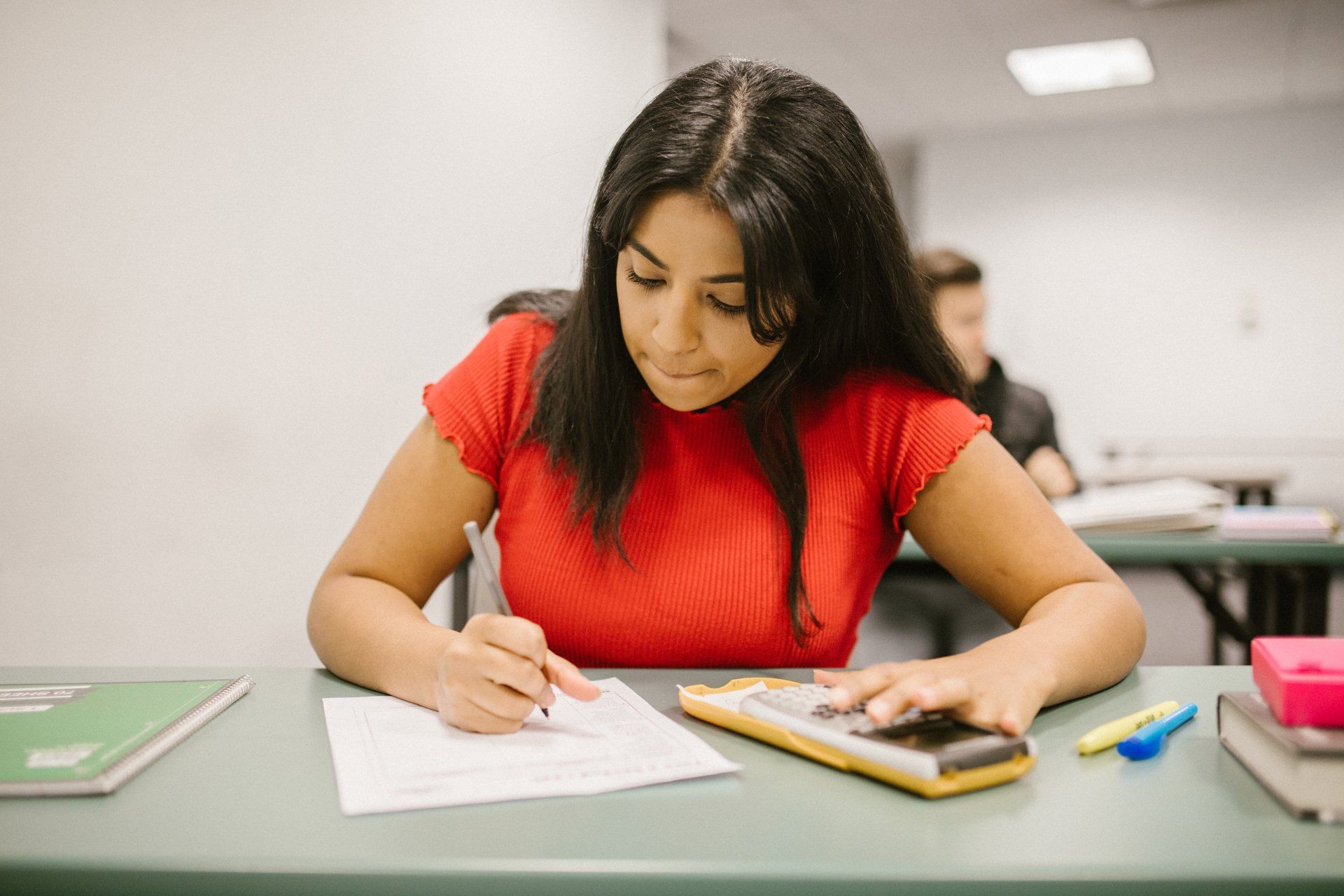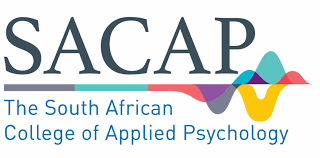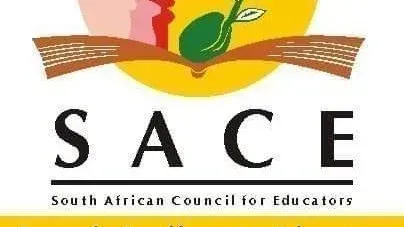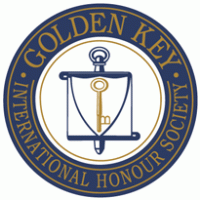Understanding the Importance and Benefits of Couples Counselling
From Struggles to Strength: The Power of Couples Counselling.

1. Introduction
Welcome to my blog article on Couples Counselling, where we delve into the world of relationship therapy and explore its significance in nurturing strong and healthy partnerships. Relationships are an essential part of our lives, and like any other aspect, they require care, attention, and sometimes, professional guidance. Couples Counselling, also known as marriage counselling or relationship therapy, is a valuable resource that can help couples navigate through challenges, enhance their communication, and foster a deeper emotional connection.
According to recent data from Statistics South Africa, the number of marriages registered in the country have been declining over the years. This decline could be attributed to various factors, including changes in societal norms and the rise of cohabitation. On the other hand, divorce rates have been steadily increasing, indicating a growing need for support in navigating marital challenges. An increasing number of counselling centers and private practices in South Africa are offering couples counselling services. This suggests a growing recognition of the importance of professional guidance in maintaining healthy relationships.
Studies conducted in South Africa highlight several common reasons why couples seek counselling. These reasons include communication problems, infidelity, financial stress, cultural differences, and parenting disagreements. Studies have shown that couples counselling not only improves relationship dynamics but also has positive effects on individual mental health. Participants in counselling often report reduced stress, anxiety, and depression levels.
2. Signs That Signal the Need for Couples Counselling
Relationships experience ups and downs, but certain signs indicate that the partnership might be in need of professional support. These signs include frequent and escalating arguments that seem unresolved, a lack of intimacy and emotional connection, persistent feelings of resentment or dissatisfaction, infidelity or breaches of trust, and difficulty in making decisions together.
If you recognise any of these signs in your relationship, it's essential not to ignore them. Couples Counselling can provide a safe space to address these issues and work towards a more fulfilling partnership.
3. Breaking the Stigma of Couples Counselling
There's a common misconception that seeking couples counselling is a sign of weakness or that it implies a relationship is on the brink of collapse. In reality, Couples Counselling is a proactive and positive step towards growth and improvement. Just as we seek medical advice when we're physically unwell, seeking guidance from a professional counsellor for our relationship challenges is a sign of strength and commitment to making the partnership better.
By breaking the stigma around couples counselling, we can encourage more couples to seek the help they need, fostering healthier and happier relationships overall.
4. The Role of a Couples Counsellor
Couples Counsellors are trained professionals with expertise in relationship dynamics and therapy. Their role is to create a neutral and non-judgmental environment where both partners can express their feelings and concerns openly. A Counsellor acts as a mediator, helping couples identify patterns of communication, understand each other's perspectives, and find constructive ways to resolve conflicts.
The Counsellor's primary objective is to facilitate effective communication and equip the couple with the tools they need to work through challenges and build a stronger foundation for their relationship.
5. Benefits of Couples Counselling
a) Improved Communication:
Effective communication is the cornerstone of a successful relationship. Couples Counselling helps partners learn to listen actively and express their needs and emotions in a healthy manner. Improved communication reduces misunderstandings and fosters a deeper emotional connection.
b) Conflict Resolution:
Conflicts are inevitable in any relationship, but how we handle them can make a significant difference. Couples Counselling teaches constructive conflict resolution techniques, enabling partners to address disagreements respectfully and find mutually satisfactory resolutions.
c) Strengthening Emotional Connection:
Over time, the emotional connection between partners may weaken due to various factors. Counselling helps rekindle that connection by promoting emotional vulnerability, understanding, and empathy.
d) Rebuilding Trust:
Trust is vital for a strong relationship. When trust has been broken, such as through infidelity or lies, couples counselling can help rebuild it through open communication, transparency, and forgiveness.
e) Enhanced Intimacy:
Intimacy is not just about physical closeness but also about emotional closeness. Couples Counselling encourages partners to express their desires and needs, leading to a deeper emotional and physical bond.
6. The Couples Counselling Process
The couples counselling process typically begins with an initial consultation where the Counsellor assesses the couple's challenges and goals. Subsequent sessions involve exploring the couple's history, identifying problematic patterns, setting objectives, and working towards those goals.
Counselling sessions may be structured or unstructured, depending on the Counsellor's approach and the couple's needs. The frequency and duration of sessions can vary based on the complexity of the issues and the progress being made.
7. Different Approaches to Couples Counselling
There are several therapeutic approaches to Couples Counselling, and the right one may vary depending on the couple's unique circumstances. Some common approaches include:
a) Cognitive-Behavioural Therapy (CBT):
CBT focuses on identifying and changing negative thought patterns and behaviours that contribute to relationship problems. It helps couples develop healthier ways of interacting and responding to each other.
b) Emotionally Focused Therapy (EFT):
EFT concentrates on understanding and reshaping emotional responses within the relationship. It emphasizes the importance of emotional bonding and attachment as a foundation for a strong partnership.
c) The Gottman Method:
Developed by Dr. John Gottman, this method emphasizes building friendship and intimacy, managing conflicts, and creating shared meaning in the relationship. It relies on research-based principles to strengthen relationships.
Each approach offers its unique benefits, and the Counsellor will determine which one aligns best with the couple's needs and goals.
Let's take a look at some anonymised case studies to illustrate the positive impact of couples Counselling:
Case Study 1: Lesego and Thabo
Lesego and Thabo had been married for ten years and were facing increasing challenges in their relationship. They seemed to argue about everything and felt like they were drifting apart. Through counselling, they learned effective communication techniques and gained a deeper understanding of each other's needs and fears. With the help of their Counsellor, they addressed unresolved issues from the past and found new ways to reconnect emotionally. Today, Lesego and Thabo have a stronger, more intimate bond and tackle life's ups and downs as a united team.
Case Study 2: Emma and David
Emma and David had experienced a breach of trust when David had an emotional affair. This incident left Emma feeling betrayed and insecure. In counselling, they both committed to rebuilding trust and understanding the underlying issues that contributed to the affair. With the Counsellor's guidance, they learned to be more transparent and emotionally available to each other. Over time, Emma and David restored trust and forged a new level of emotional intimacy in their relationship.
Case Study 3: Thabo and Zinzi
Thabo and Zinzi had been married for five years and were facing cultural and communication challenges in their relationship. Thabo was raised in a traditional rural community, while Zinzi grew up in a bustling urban setting. These cultural differences often led to misunderstandings and disagreements. Through couples counselling, Thabo and Zinzi learned to appreciate and respect each other's backgrounds. They also gained insights into effective communication styles that bridged the cultural gap. With their counsellor’s guidance, Thabo and Zinzi built a stronger foundation of mutual understanding and embraced their diverse backgrounds as a source of strength in their relationship.
Case Study 4: Priyanka and Nishen
Priyanka and Nishen had been together for ten years and were facing financial challenges that were straining their relationship. They had different spending habits and struggled to agree on financial decisions, leading to frequent arguments. In couples counselling, Priyanka and Nishen explored their individual attitudes towards money and the underlying reasons for their disagreements. Their counsellor helped them create a joint budget and set financial goals together. They also learned to communicate openly about their financial concerns and work as a team to overcome financial obstacles. As a result, Priyanka and Nishen achieved greater financial harmony, which significantly improved their overall relationship satisfaction.
*Names changed to protect confidentiality
9. Tips for Choosing the Right Couples Counsellor
Finding the right couples Counsellor is crucial for a successful counselling journey. Here are some tips to consider:
a) Compatibility:
A strong rapport with the Counsellor is essential. Choose someone with whom both partners feel comfortable sharing their thoughts and feelings.
b) Credentials and Qualifications:
Ensure that the Counsellor has the necessary qualifications.
c) Affordability and Convenience:
Consider the Counsellor's fees and availability to ensure that the Counselling sessions fit your budget and schedule.
10. Aftercare and Ongoing Maintenance
Couples Counselling is not a quick fix but rather a steppingstone towards positive change. After counselling, it's essential for couples to continue the work they started in their sessions. Here are some tips for aftercare and ongoing maintenance:
a) Practice Open Communication:
Continue to communicate openly and honestly with each other, sharing feelings and needs without fear of judgment.
b) Set Aside Quality Time:
Make an effort to spend quality time together, whether it's through date nights, shared hobbies, or simply meaningful conversations.
c) Keep Working on Conflict Resolution:
Remember the conflict resolution techniques learned in Counselling and apply them in your day-to-day interactions.
d) Attend Periodic "Check-In" Sessions:
Consider attending periodic Counselling sessions as a way to address any emerging issues and maintain a strong relationship foundation.
11. Conclusion
Couples Counselling offers a valuable opportunity for partners to strengthen their bond, resolve conflicts, and rediscover the love and intimacy that initially brought them together. Seeking professional help is not a sign of weakness but a demonstration of commitment to nurturing a fulfilling and lasting partnership. Remember, every relationship faces challenges, but with the right tools and guidance, couples can navigate these hurdles and build a stronger, more resilient connection.
TM Counselling Blog
Branches:
Fourways - Sandton
Intercare Fourways Medical Centre
Cnr Fourways Blvd & Short St, Witkoppen, Sandton, 2191
Wilgeheuwel - Roodepoort
Intercare Wilgeheuwel
Cnr Hendrik Potgieter & Nic Diederichs Rd
Lifestyle Crossing Shopping Centre, Wilgeheuwel, Roodepoort, 1724
Kyalami - Midrand
7 Pomana Crescent, Kyalami Estates, Midrand, 1684
www.tmcounselling.co.za
admin@tmcounselling.co.za
Cell: 078 425 1137








